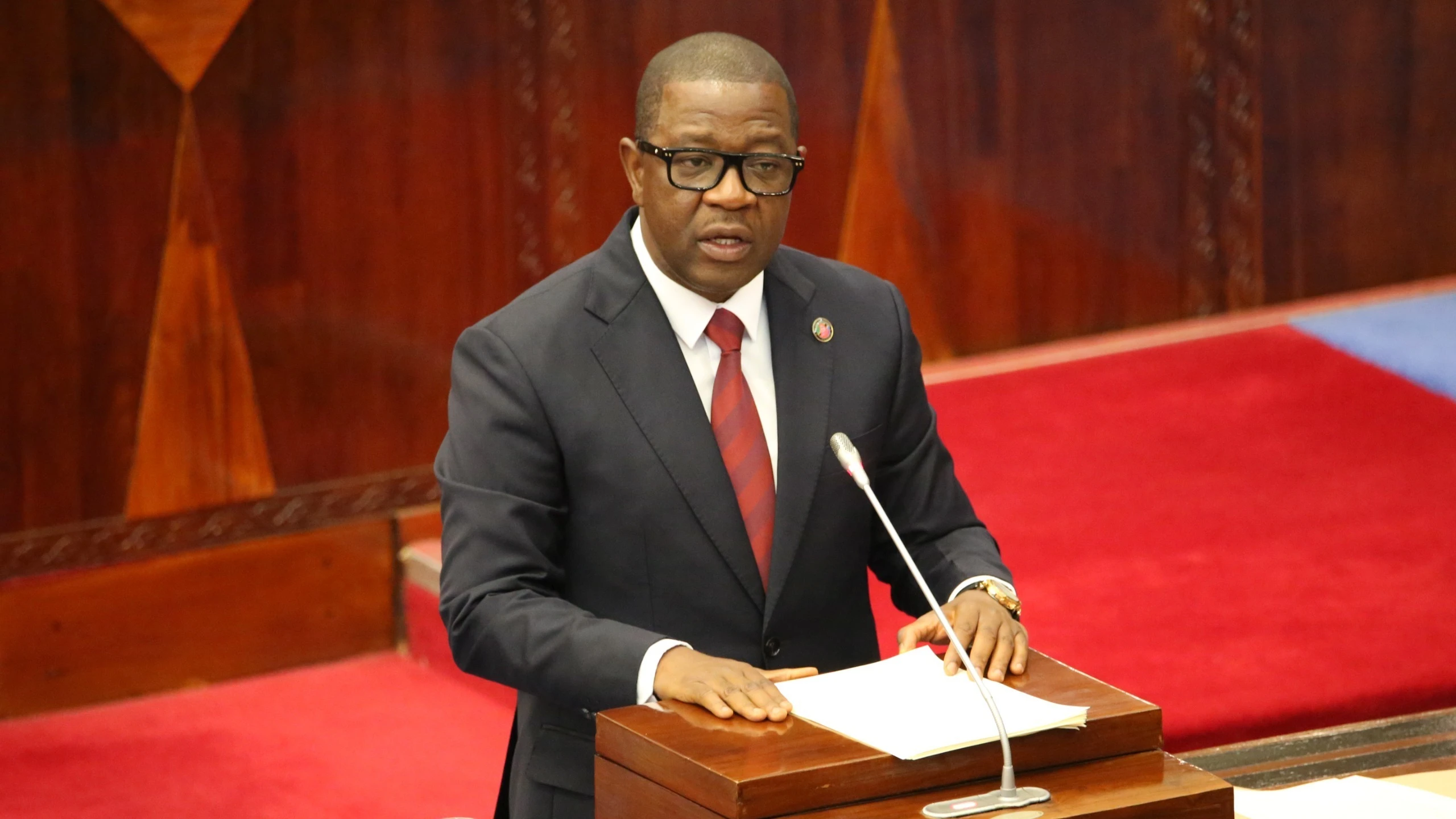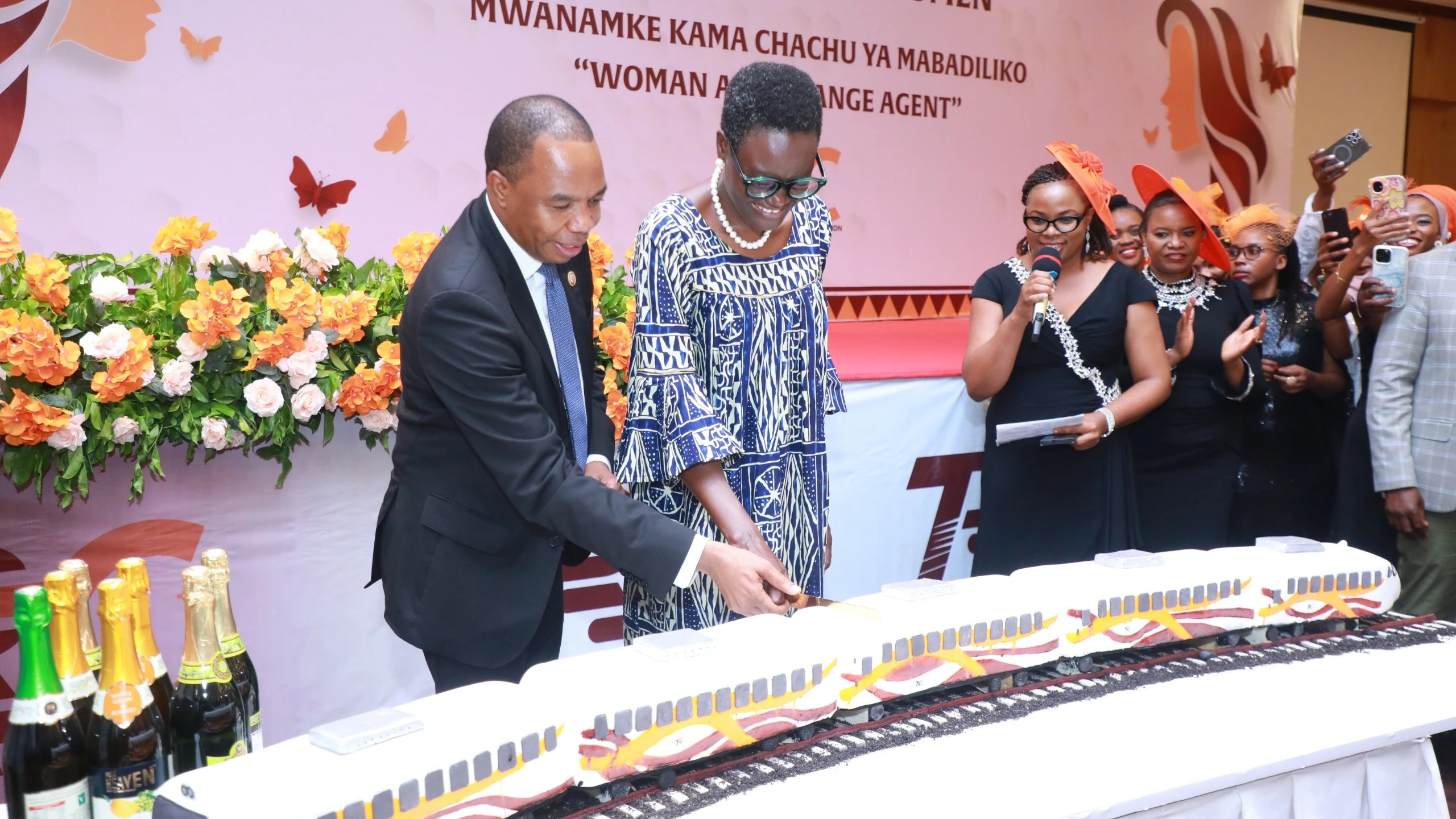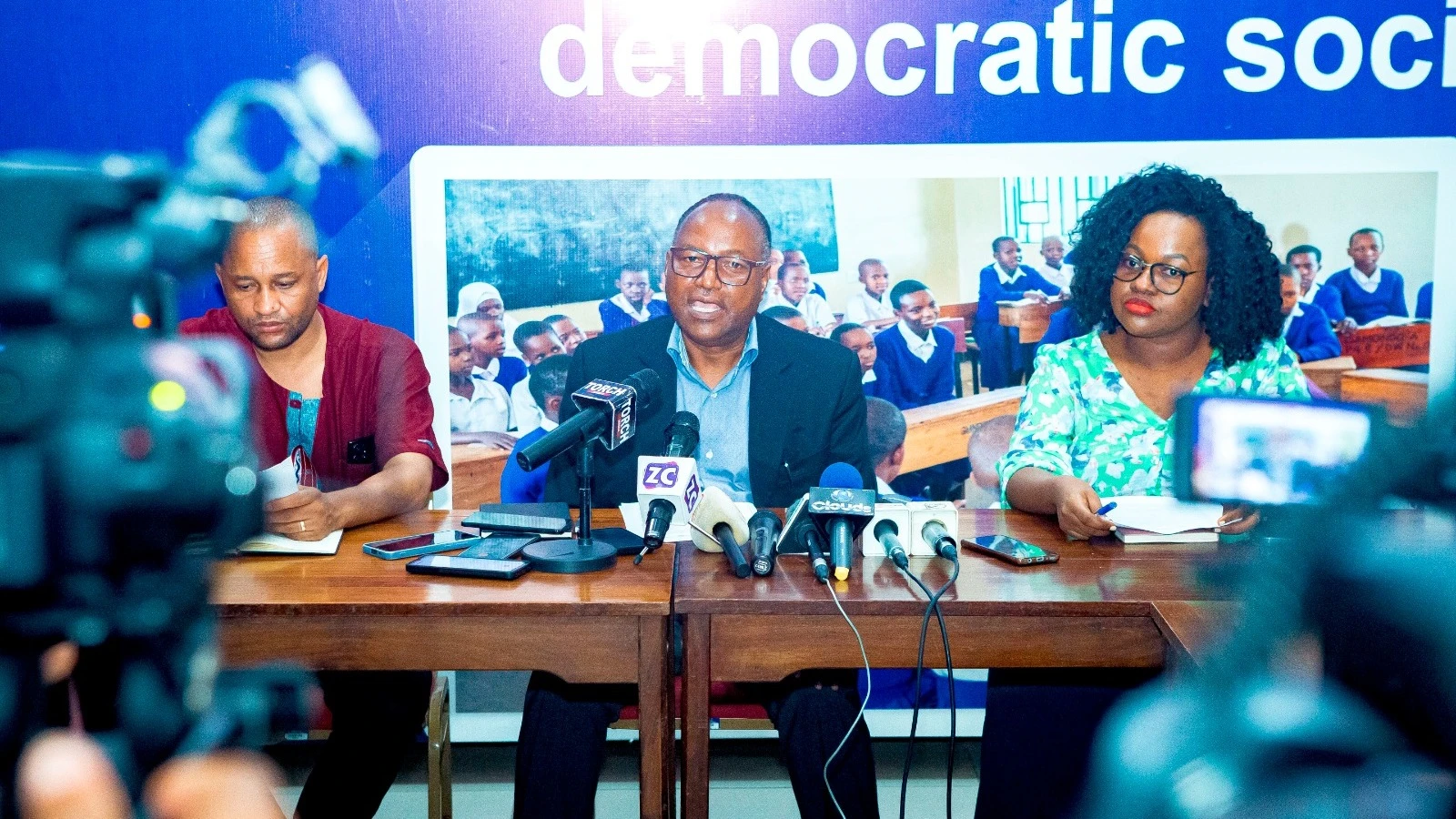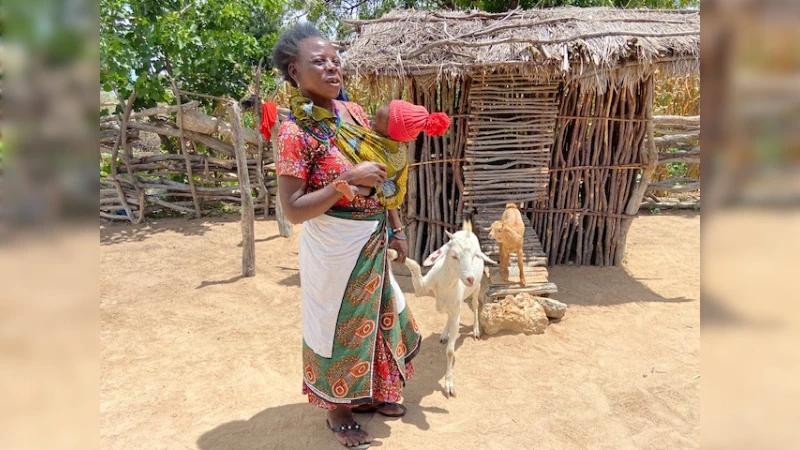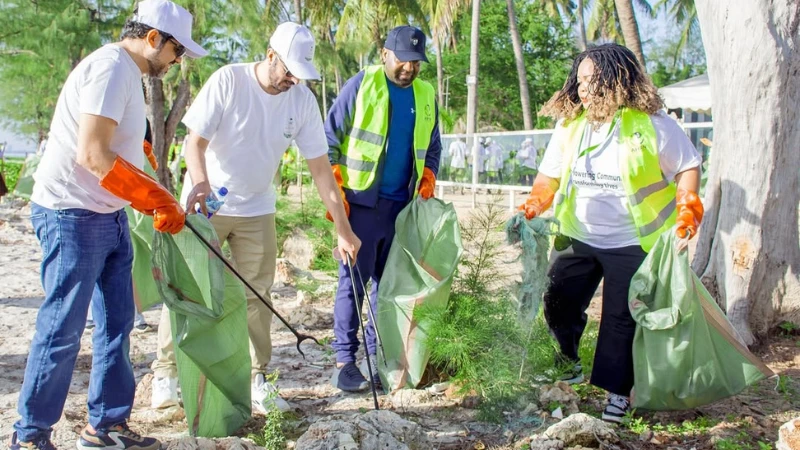LHRC wants measures on ‘unknown assailants’

THE Legal and Human Rights Centre (LHRC) has proposed urgent measures to address the surge in violent acts committed by individuals euphemistically said to be ‘unknown persons.’
Fundikila Wazambi, an LHRC researcher and legal officer, made the recommendations at the launch of the Tanzania Human Rights Report 2024 in Dar es Salaam yesterday, a 370-page publication detailing the state of human rights for the past year.
The report summary noted that 63 incidents involving unknown assailants were recorded, particularly in Dar es Salaam, Tanga, Arusha, and Kilimanjaro regions, where the daylight abduction and murder of Chadema secretariat official Ally Kibao, and the disappearance of another party figure Deus Soka shook civic consciences.
This year’s theme, ‘The Resurgence of Unknown Assailants,’ reflects an alarming return of abductions and enforced disappearances, posing a grave threat to basic human rights such as the right to life and personal security, the lead researcher affirmed.
To curb such violations, LHRC is calling for constitutional Reform – A new constitution that provides stronger protections for human rights and holds perpetrators accountable, he stated.
The centre is also appealing for an independent oversight body, a civilian-led, independent body to investigate abuses routinely blamed on state security agencies.
LHRC insists that investigations must be transparent and accessible to the public and the wider community, where accountability would enable them to help identify and expose “unknown assailants” instead of shielding them, he said.
Public cooperation with courts and justice institutions is crucial to ensure accountability, he emphasized, pointing out that state-linked extrajudicial killings remain a persistent problem.
From 2020 to 2024, at least 36 people were reportedly killed while being held by law enforcement agencies, he said, expressing disdain about retaining the death penalty, describing it as a cruel punishment that should be abolished in line with global trends.
Major findings from the report include freedom of expression remaining constrained despite having improved, as many laws remain outdated. In 2024, ten journalists were attacked while performing their duties, and arbitrary arrests exceeded 600 cases, he stated.
There were 11 cases of human trafficking, election-related violence, with five killings involving political candidates and leaders reported during the 2024 local government elections,
One incident was a Chadema member said to have been shot by a prison officer in Singida, he said, pointing at incidents of violations of workers' rights, with over 2,500 complaints filed in the private sector.
They related mainly to non-procedural or unlawful dismissals, while other bones of contention touched public funds mismanagement, as the latest annual report of the Controller and Auditor General (CAG) cited losses of up to 2.5trn /- due to fraud, mismanagement, and corruption.
He emphasized the need for legal and policy reforms, particularly around early marriages, where current laws are being exploited to formalize child unions.
As in 2023, children were the most affected by human rights violations, accounting for 41 percent of reported cases in 2024. Women followed at 29 percent, men at 15 percent and the elderly at 11percent of all cases. Persons with disabilities were victims in 4.0 percent of the cases, the report noted,
Fulgence Massawe, the LHRC acting executive director, stressed the report's comprehensive nature and its focus on new threats, including mob justice, witchcraft-related killings, and intimate partner homicides as well as shrinking civic space for activists.
“This report is a wake-up call. To move forward, we must confront these challenges with political will, legal reforms, and community action,” he added.
Top Headlines
© 2025 IPPMEDIA.COM. ALL RIGHTS RESERVED









